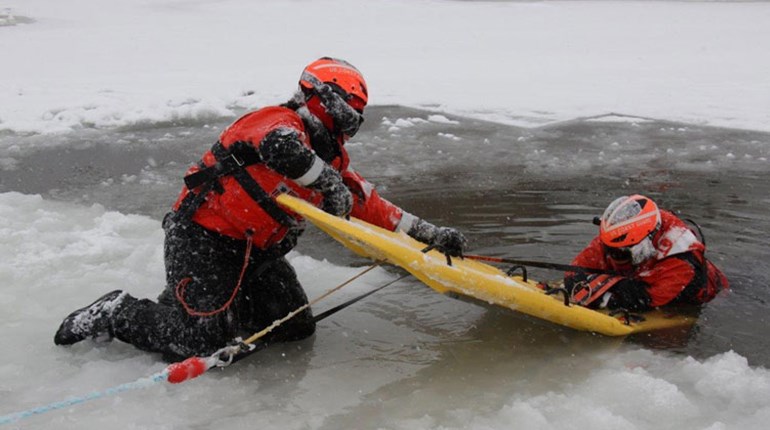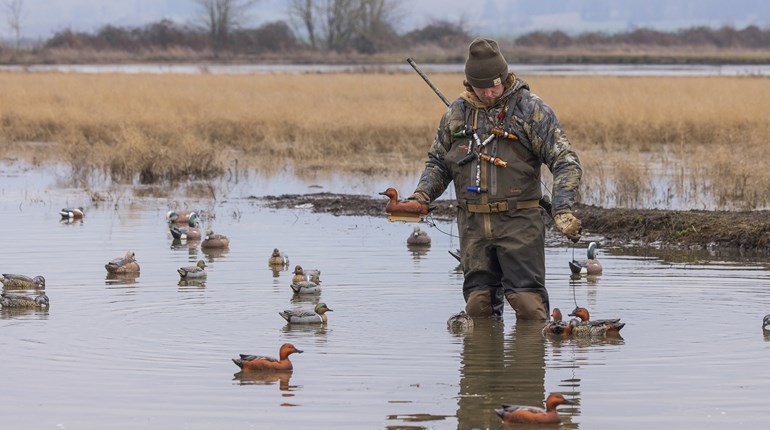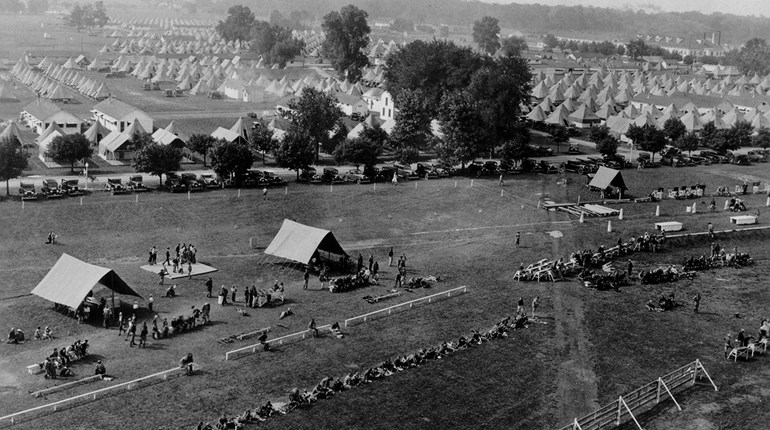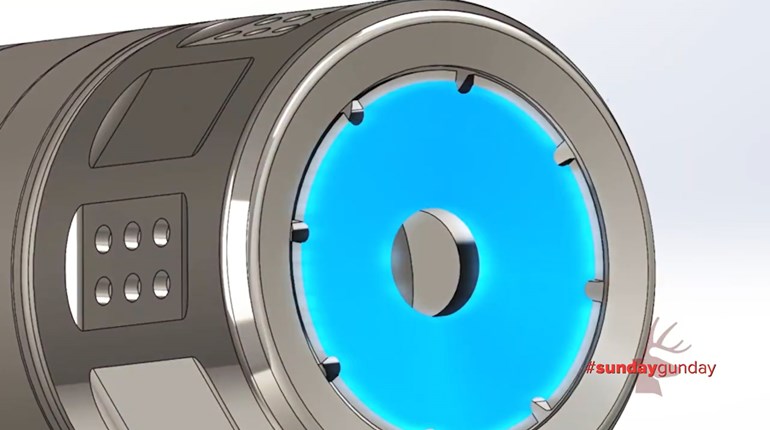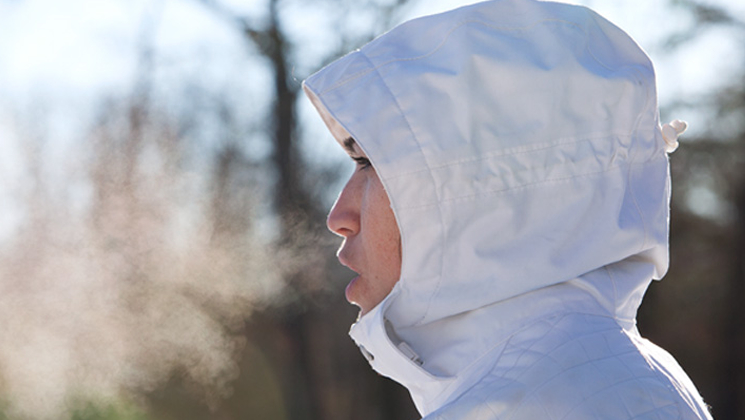
Hypothermia in its early stages is very treatable. Odds are good you've dressed incorrectly and gone somewhere, only to suffer the involuntary shivering associated with its onset. You survived-and with the proper treatment, so can nearly any victim.
Once you've identified someone who may be suffering from hypothermia, it's important to ascertain how far the condition has progressed. There are things you can do to help a victim in the early throes that could be deadly if attempted on someone in the last stage.
Assuming there is no other injury, establish and maintain verbal and eye contact with the person. Remember, toward the end they won't care about their situation, speech will be difficult for them, they may not make sense, and sleep will be a top priority. Keep them talking. Family is always a good fallback with strangers and if it's a friend, talk about a mutual experience to see if amnesia and confusion are there-two of the symptoms in the advanced stages.
If the conversation lets you know the situation is grave, summon help immediately. Do the same if you think it's even close to that gray area. Dial 911 or, if cell service is down in the area, find another way to summon help. Weigh your options carefully before you decide to move the victim-remember, his or her body is very cold and further injury is a very real possibility.
Remedying the earliest stage is often as simple as relocating the victim to a warm place (heated vehicle, cabin, tent or sleeping bag), getting them out of the wind or adding coats and blankets for extra insulation. The odds are good they'll be able to bring their core temperature back up in mild cases. Remove wet garments and make sure they are wearing a hat. Warming by a fire is a viable option in the early stages, but bear in mind that the victim is losing coordination, so we don't want to complicate things with third-degree burns. If possible, rotate slightly warmed blankets onto the victim until you're confident of their recovery. You can offer them a warm beverage like hot chocolate or apple cider for that sugar kick-not coffee or alcohol-but it's critical that it is not extremely hot. Test it before serving and only fill the cup halfway. Those involuntary shivers are unpredictable.
If the victim's hypothermia is more pronounced, slow warming is still the recommended procedure until help arrives. Again, clothes and shelter are first and foremost. If they're unconsciousness, or slipping in and out of consciousness, never dispense food or drink. Warm water bottles (or products similar to HeatMax), wrap them in blankets to avoid burning and add them in the sleeping bag with the victim. Place them close to the victim's head, neck, chest and trunk to warm the body's core temperature first.
If that's not an option, strip down to your long johns and join them in the sleeping bag. Your body heat will slow the hypothermia.
Victims in the final stage are going to need medical attention immediately. However, there are still plenty of things you can do. Even if the person is unconscious, maintain verbal contact. Slow rewarming may work, so give it a try, but resist any urge to speed things up. It can set off a deadly cardiac arrhythmia. And, a cold body dies slower than a heated one, so even if there is no pulse start CPR immediately and continue until help arrives-many clinically dead hypothermia victims have been successfully revived.
To learn more about hypothermia and its treatment, take one of the American Red Cross first-aid courses. Outdoorsmen are not the only ones affected, either. The National Centers for Disease Control and Prevention has a brochure on the subject for workers, and sadly, the majority of hypothermia's victims each year are senior citizens-parents and grandparents who probably could have been saved, with a little training.













